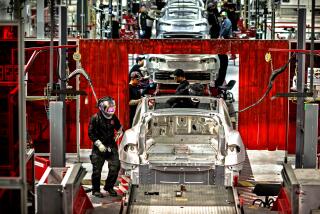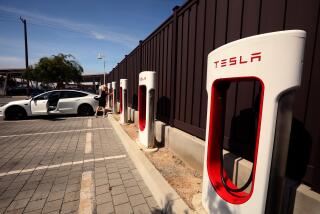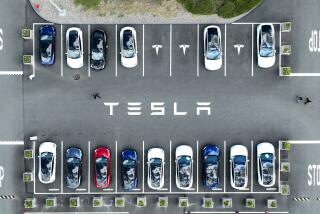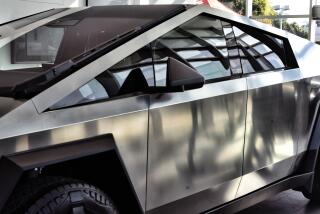EV truck maker Rivian warns the state of more layoffs
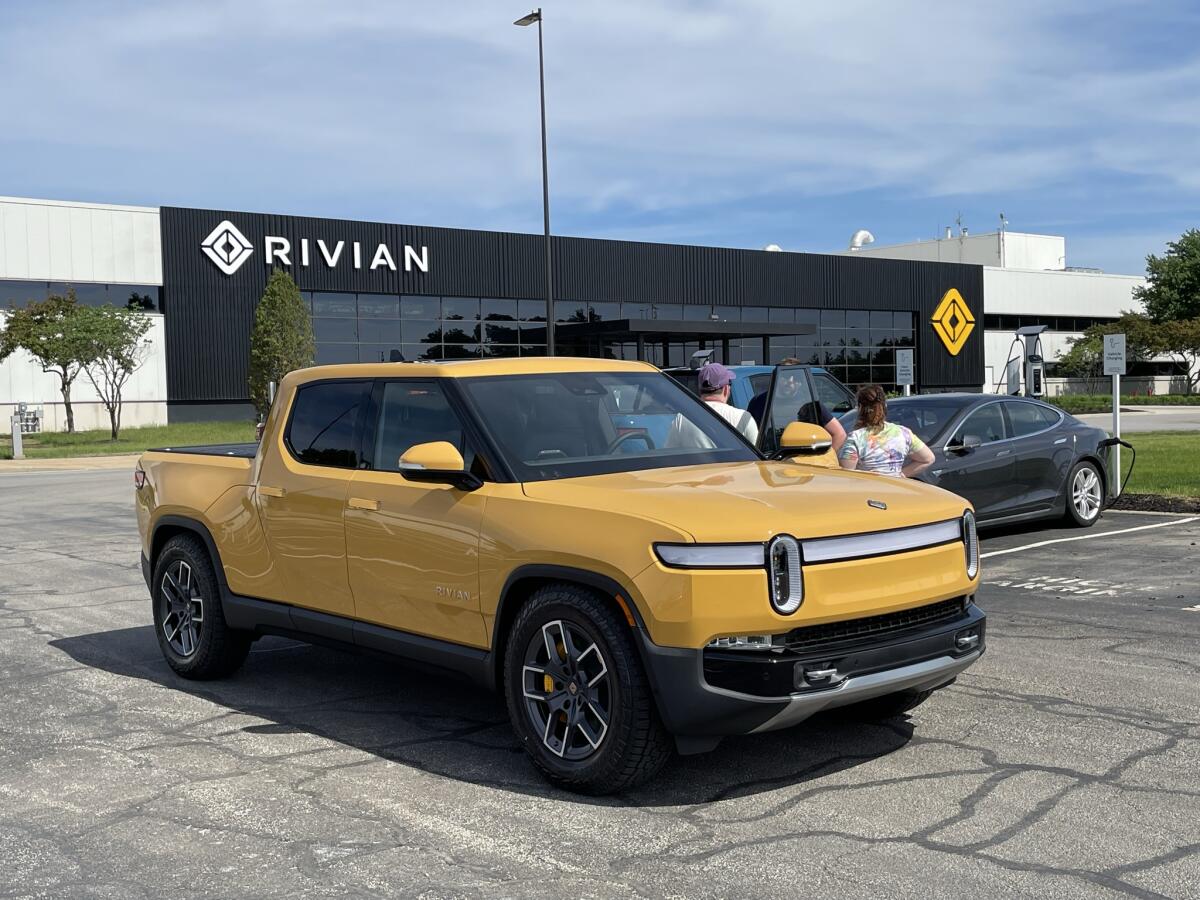
Rivian Automotive Inc., at one time considered the darling of the electric vehicle market, has informed state officials that it plans more layoffs in California.
In an April 24 letter to the state’s Employment Development Department, the company’s vice president of people, Scott Griffin, said Rivian planned to lay off more than 120 employees, including 89 in Irvine and 28 in Palo Alto.
The job losses will begin in June, Griffin wrote, and are expected to be permanent.
In February, the company announced it was cutting 10% of its workforce, which sent the stock plummeting from the dizzying heights it had achieved after its 2021 initial public offering.
Electric truck maker Rivian was once seen as a rising star in the EV space. But now the company says it will lay off 10% of its employees, and its production targets for this year are coming in lower than expected.
At that time, the company was valued at nearly $88 billion. On Monday, it was valued at about $11 billion. Reuters reported recently that, as of Dec. 31, the company had about 16,790 employees across North America and Europe.
“We continue to work to right-size the business and ensure alignment to our priorities,” a Rivian spokesman said in a statement. “As a follow-up to some of the changes we made to teams in February, in April we shared some additional changes to groups supporting the business. Around 1 percent of our workforce was affected by this change. This was a difficult decision, but a necessary one to support our goal to be gross margin positive by the end of the year.”
The latest at Rivian is part of a larger reckoning for EV companies, which have faced falling demand in recent months because most wealthier buyers already have an EV, and the broader consumer market remains wary.
More to Read
More to Read
More to Read
Start your day right
Sign up for Essential California for news, features and recommendations from the L.A. Times and beyond in your inbox six days a week.
You may occasionally receive promotional content from the Los Angeles Times.


